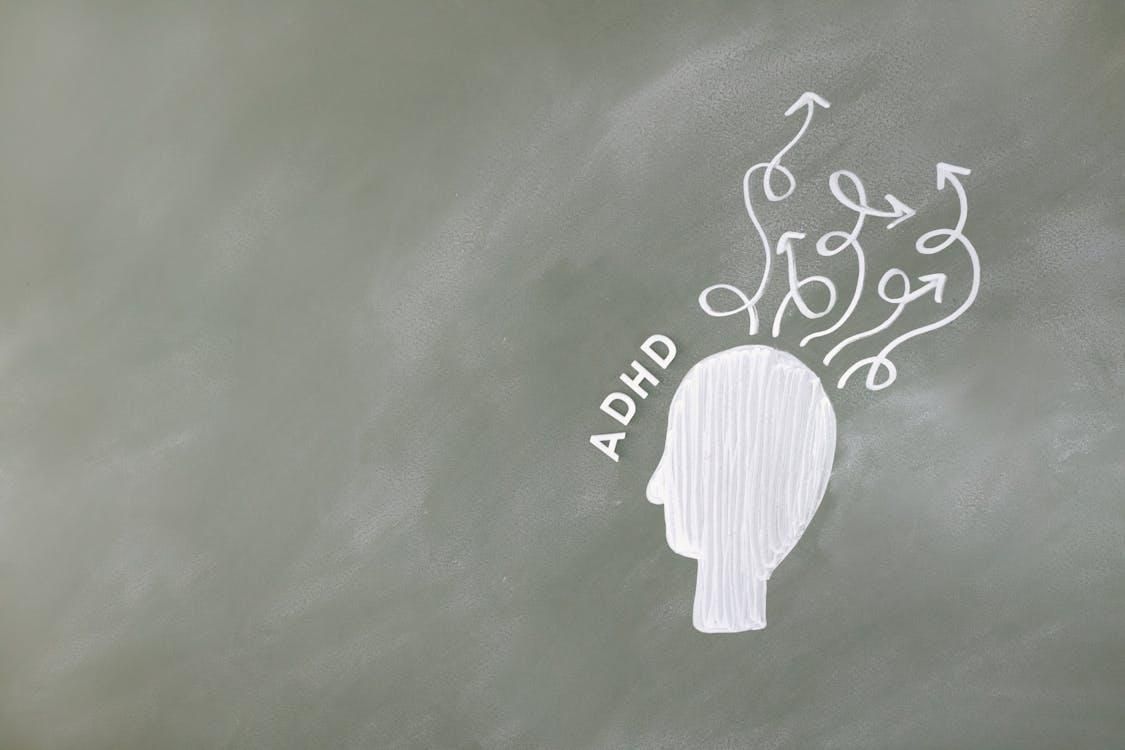How Therapists Help Break the Vicious Cycle of Addiction
Addiction is more than a personal struggle—it’s a chronic, relapsing condition that affects the brain and behavior. According to research, relapse rates for substance use disorders can range from 40% to 60%, similar to other chronic illnesses. This makes long-term support critical.
Let’s take a closer look at how structured addiction treatment by therapists can support healing and long-term change.
Behavioral Therapy Rewires Harmful Thinking
Therapists use structured behavioral techniques like Cognitive Behavioral Therapy (CBT) and Dialectical Behavior Therapy (DBT) to address distorted thinking patterns. These therapies help individuals identify triggers, manage cravings, and build healthier coping strategies.
Through consistent sessions with a behavioral health practitioner, individuals begin to recognize how thought patterns feed compulsive behaviors. This clarity is a foundation for lasting behavioral change.
Psychiatric Support for Dual Diagnosis
Many individuals with substance use issues also struggle with depression, anxiety, or trauma. A psychiatrist can diagnose co-occurring disorders and offer medication management when appropriate.
Having access to a psychiatric nurse practitioner or mental health clinic in Waldorf means that both addiction and underlying mental health conditions are addressed together, improving outcomes and reducing relapse risk.
Preventing Relapse with Ongoing Counseling
Relapse prevention is not just about willpower—it’s about skill-building. Ongoing counseling, either in person or through telepsychiatry services in Maryland, keeps individuals accountable and supported during high-risk periods.
Services like addiction counselling focus on emotional regulation, social rebuilding, and structured planning for real-life challenges, making continued recovery more achievable.
Building a Strong Recovery Network
Treatment isn’t limited to one-on-one sessions. Support may also include family therapy, group sessions, or care coordination with mental health agencies. A health care therapist can connect patients with the tools they need to thrive post-treatment.
Behavioral health management isn’t just about treatment—it’s about long-term lifestyle shifts, supported by dedicated professionals like a mental health therapist.
Recovery Starts with the Right Support
Breaking free from addiction is a process that demands professional insight, structured care, and compassionate accountability. Whether through psychological health care, medication support, or relapse prevention, addiction treatment by therapists offers real hope.
Ready to take the next step? Reach out to Oasis of Hope BHC today for confidential addiction support. Call us or visit our website to learn more about our counseling and recovery services.











